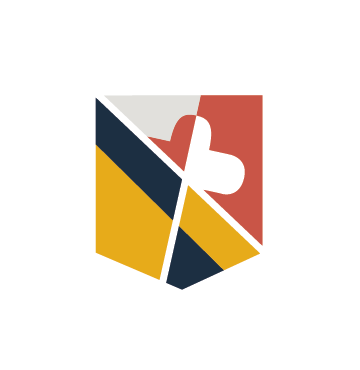Open-source texts take root at Md. colleges
BALTIMORE — An experiment with open-source online textbooks at several Maryland universities last semester yielded promising results, and officials are preparing to expand the program this fall.
BALTIMORE — An experiment with open-source online textbooks at several Maryland universities last semester yielded promising results, and officials are preparing to expand the program this fall.
Using free online materials such as massive open online courses in traditional classes can help colleges teach more efficiently without harming students, according to a long-awaited report from Ithaka S+R, an education-technology nonprofit group, and the University System of Maryland.
Unsustainable costs, a digital landscape and low-cost alternatives force change to the textbook industry.
The non-profit research organisation Ithaka S+R this month released its highly anticipated report on its work with the institutions in the University System of Maryland, which for the past 18 months have experimented with courseware from Carnegie Mellon University, Coursera and Pearson in face-to-face courses.
UMUC is among the experimental sites that will be allowed to offer competency-based education with financial aid.
UMBC participates in Learning Analytics (LA) primarily by focusing on student and faculty use of the Learning Management System (LMS). Since 2007, the University has observed that students earning a final grade of D or F use the LMS 40% less than students earning higher grades. While correlation does not equal causation, UMBC has built a "Check My Activity" (CMA) feedback tool that allows students to compare their own activity against an anonymous summary of course peers earning the same, higher or lower grade for any assignment -- provided the instructor uses the online grade book.
The University of Baltimore (UB) is working with Pulitzer-prize winning historian Taylor Branch and the USMCAI to offer the course “Citizenship and Freedom: The Civil Rights Era” in an innovative, online, for-credit format. Unlike MOOCs, this course is based on a seminar format that promises synchronous interactivity. Also unlike MOOCs, this course features a blend of lecture, panels, and real-time Q&A with the virtual audience.
In 2013, the USM entered into an agreement with Ithaka S+R (with funding from the Bill and Melinda Gates Foundation) to explore the viability of repurposing MOOCs to be used as part of regular undergraduate programs at degree granting institutions. Given the momentum already established by the USM’s Maryland Course Redesign Initiative, faculty interest in MOOCs was robust. We ended up with 22 trials –many more than the 5-7 originally projected. So, as the highly controversial MOOC model continues to generate much national press –both positive and, more recently, negative– our side-by-side experimental MOOC-augmented courses are currently being tested (2013-14).
Curricular transformation/innovation in STEM takes several forms. Among the many courses being redesigned at UMBC, the Departments of Biological Sciences and Mathematics and Statistics have redesigned courses based on the pedagogical model known as Team-Based Learning (TBL). TBL is a specifically structured format that promotes student learning and self-efficacy through frequent readiness quizzes (both individual and team-based) and team projects and applications.
The following interview is with MJ Bishop, director of the Center for Academic Innovation with the University System of Maryland. Innovation is top of mind for administrators across the higher education space, but in the public system, the roles of systems and institutions in achieving this change become a little cloudier. In this interview, Bishop shared her thoughts on where their respective roles and responsibilities lie, and discusses the similarities in the innovative vision of both institutions and systems.

Except where otherwise noted, content on this site is licensed under a Creative Commons Attribution 4.0 International license 